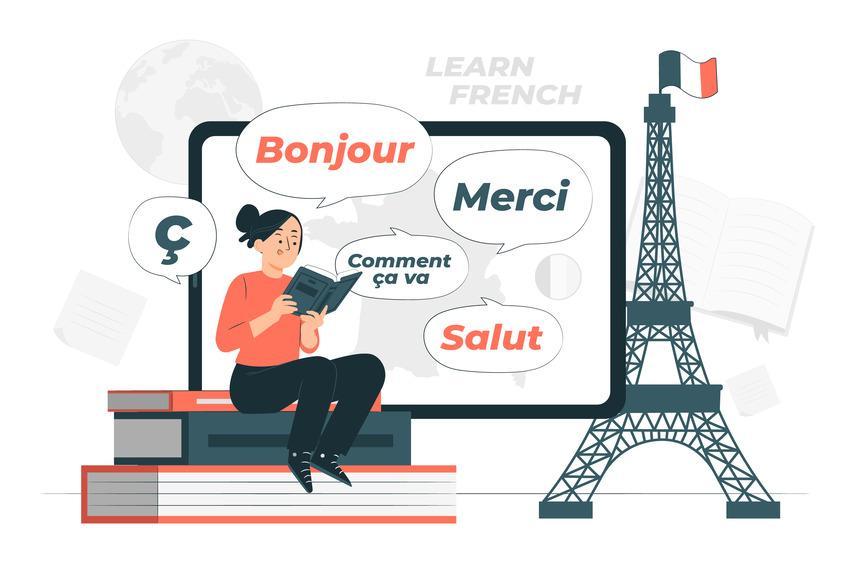Embarking on a Multilingual Journey: Exploring French and German Language Courses

Learning a new language is one of the most rewarding skills you can acquire. Among the many languages people aspire to learn, French and German hold a prominent position due to their cultural, professional, and educational significance. Enrolling in a French language course or a German language course can open up a world of opportunities and experiences. This article explores the benefits of learning these two languages, the structure of typical courses, and tips to enhance your learning journey.
The Importance of Learning French and German
Why Learn French?
French is one of the most spoken languages in the world, with over 300 million speakers across five continents. It is an official language in 29 countries and a key working language in international organizations such as the United Nations, the European Union, and UNESCO. Learning French can:
1. Enhance career prospects in industries like international relations, fashion, luxury goods, and tourism.
2. Provide access to a rich literary, artistic, and cinematic tradition.
3. Make traveling in French-speaking countries more enjoyable and immersive.
Why Learn German?
German, spoken by over 100 million native speakers, is the most widely spoken language in Europe. It is an essential language for those pursuing careers in engineering, automotive industries, and academia. Key benefits of learning German include:
1. Access to high-quality education and research opportunities in German-speaking countries.
2. Improved job prospects, particularly in industries where German companies are prominent.
3. A deeper appreciation of the cultural heritage of Germany, Austria, and Switzerland.
What to Expect from a French Language Course
A French language course typically covers various aspects of the language, including grammar, vocabulary, pronunciation, and cultural nuances. Here is what you can expect:
1. Beginner Level:
o Basic vocabulary and phrases for everyday situations.
o Introduction to French grammar, such as articles, gender, and verb conjugations.
o Simple reading and writing exercises.
2. Intermediate Level:
o More complex sentence structures and verb tenses, such as the subjunctive mood.
o Building conversational skills through role-playing and dialogues.
o Exposure to French culture, traditions, and idiomatic expressions.
3. Advanced Level:
o Mastering fluency in speaking and writing.
o Understanding and interpreting French literature, films, and news.
o Developing specialized vocabulary for professional or academic use.
What to Expect from a German Language Course
Similar to French, a German language course is structured to help learners develop skills gradually. Here’s what it typically entails:
1. Beginner Level:
o Learning basic vocabulary and sentence structures.
o Understanding German grammar rules, including cases (nominative, accusative, dative, and genitive).
o Practicing pronunciation and reading simple texts.
2. Intermediate Level:
o Expanding vocabulary and mastering more complex grammar, such as subordinate clauses and modal verbs.
o Engaging in conversations on everyday topics.
o Learning about German culture and traditions.
3. Advanced Level:
o Achieving fluency in speaking and listening.
o Analyzing German literature, media, and technical texts.
o Preparing for proficiency exams like TestDaF or Goethe-Zertifikat.
